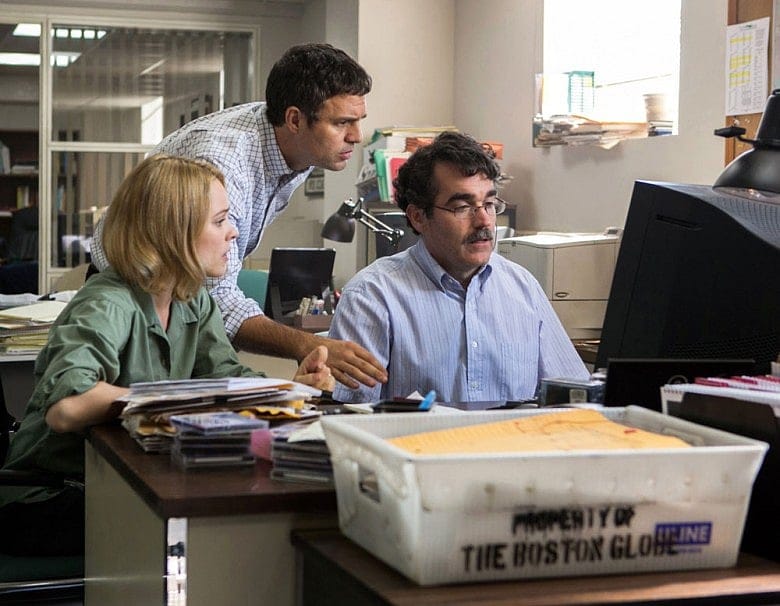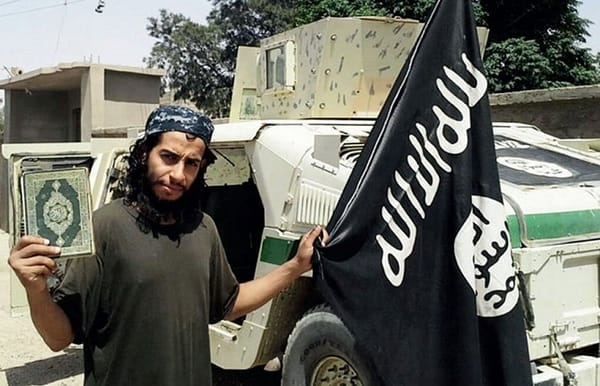The Holy Spirit and other journalists

Late in August 2003, I got into trouble with an auxiliary bishop because I had publicly praised The Boston Globe's Spotlight reporters writing about the sexual abuse scandal and the criminal cover up. My terrible blunder happened a few days before Pentecost Sunday the previous year, at a gathering for priests in Jamaica Plain aimed at comforting us. The scandal was already the worst disaster in the Church's history. A Jesuit had offered a few words, encouraging us to trust in the Holy Spirit. In the brief comments that followed I found myself saying to my brothers in the priesthood that the Holy Spirit had spoken indeed to all of us — priests and laity — and for months, but through the pages of the Globe and other local media. It was common sense and, in any case, my personal opinion.
"A year ago, at a meeting I organized," the same bishop said when I met with him at his request the following year, "you praised the writers of The Boston Globe and of The New York Times, and I don't like that." Startled though I was, I reminded him that Cardinal Law himself had said as much at a large meeting with priests at St. Columbkille's School in Brighton in March 2002. He sort of agreed, which deflated my shock a bit, and we went on, rather amicably, chatting over other pastoral matters. Alas, unbeknownst to me, my praise of the Globe reporters was going to be the beginning of the end for me, but that's another kind of clerical soap opera.

